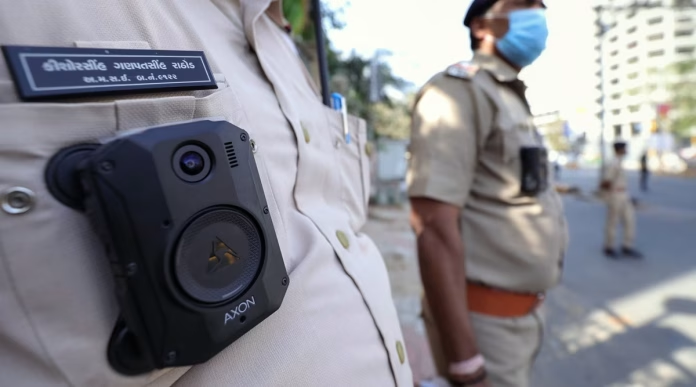Technology has revolutionized law enforcement practices, offering new tools to improve efficiency and safety. However, the growing use of technologies like body cameras, facial recognition, and predictive policing has raised concerns about privacy and civil liberties. In this article, we examine the role of these technologies in modern policing, their benefits, and the potential risks they pose to individual freedoms.
1. Body Cameras: Enhancing Transparency or Invading Privacy?
Body cameras have become a standard tool for police officers to record interactions with the public. These devices promote transparency by providing evidence of police conduct during encounters. While they help to hold officers accountable and protect citizens’ rights, they also raise concerns about the storage and accessibility of recorded footage, as well as potential misuse or selective release of the videos.
2. Facial Recognition: A Powerful Tool with Privacy Concerns
Facial recognition technology allows police to identify suspects by comparing images to databases of known individuals. While it enhances security by helping to catch criminals more efficiently, it poses significant privacy risks. The technology is often criticized for its potential to track individuals without their consent and for the risk of racial and gender biases in the algorithms, leading to wrongful arrests.
3. Predictive Policing: Anticipating Crimes Before They Happen
Predictive policing uses data analytics and algorithms to forecast where crimes are likely to occur. By analyzing patterns from past criminal activities, police can allocate resources to high-risk areas. Although predictive policing can help prevent crime, it has raised concerns about racial profiling and discrimination. Critics argue that it may reinforce biases if the data used is not representative or fair.









